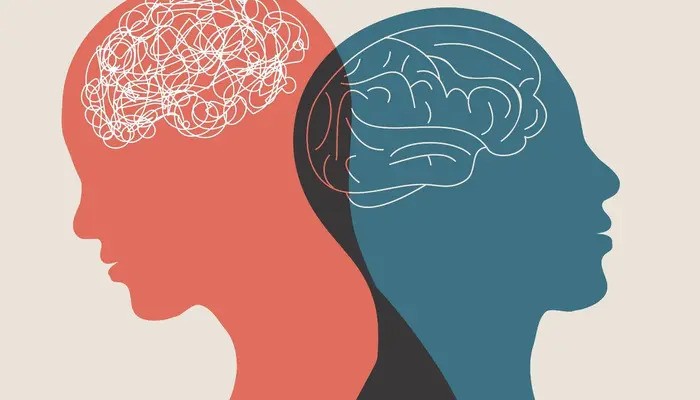The World Health Organization (WHO) has issued a stark warning, revealing that more than one billion people worldwide are suffering from mental health disorders. The impact of these conditions extends beyond individuals, affecting families, economies, and communities on a massive scale.
WHO reported that suicide alone claims more than one in every 100 lives each year. In 2021, suicide caused an estimated 727,000 deaths globally, making it one of the leading causes of death among young people. For every life lost, there are 20 attempted suicides, highlighting the urgent need for expanded support systems.
Devastating Human Toll
Speaking to reporters, Devora Kestel, interim head of WHO’s non-communicable disease and mental health department, underlined the profound impact of suicide. “For each death, there are 20 suicide attempts,” she said. “Those suicides affect countless more lives, as friends, carers, and loved ones are forced to grapple with unimaginable hardship.”
Mental health conditions such as anxiety and depression remain among the most prevalent illnesses globally. They are now the second leading cause of long-term disability. The WHO warned that these conditions significantly reduce healthy life years, increase healthcare costs for families, and inflict substantial economic losses worldwide.
Read more: Sumud Flotilla Defies Israeli Threats as International Aid Mission Sails Toward Gaza
Findings From New WHO Reports
The findings come from two new publications: World Mental Health Today and Mental Health Atlas 2024. Both reports expose gaps in mental healthcare while identifying areas of progress.
They serve as critical resources for policymakers and will inform discussions at the upcoming United Nations High-Level Meeting on noncommunicable diseases and mental health, scheduled for September 25, 2025, in New York.
WHO Director-General Dr. Tedros Adhanom Ghebreyesus stressed the urgency of action. “Transforming mental health services is one of the most pressing public health challenges,” he said. “Investing in mental health means investing in people, communities, and economies. No country can afford to neglect this.”
Key Data and Global Inequalities
The reports show that women are disproportionately affected by mental health disorders, though anxiety and depression are common across both sexes. Suicide rates remain alarmingly high, with too little progress toward the UN Sustainable Development Goal of reducing global suicide mortality by one-third by 2030. On the current path, only a 12 percent reduction is expected.
The economic costs are staggering. Anxiety and depression alone cost the global economy about $1 trillion every year due to lost productivity, in addition to high healthcare expenses.
Read more: Sumud Flotilla Defies Israeli Threats as International Aid Mission Sails Toward Gaza
Government investment remains worryingly low. Median spending on mental health is just 2 percent of national health budgets, the same as in 2017. While high-income countries spend up to $65 per person, low-income nations spend as little as $0.04.
Workforce shortages add to the crisis. The global median is only 13 mental health workers per 100,000 people, with severe shortfalls in low- and middle-income regions.
Slow Progress in Reform
Fewer than 10 percent of countries have fully transitioned to community-based care models, a key goal for modern mental health systems. Most remain in early stages of reform, relying heavily on outdated institutional care.
Still, there are signs of progress. Many nations have introduced school-based programmes, early childhood development initiatives, and suicide prevention strategies. Over 80 percent of countries now include psychosocial support in emergency responses, which proved vital during recent global crises.
Call for Urgent Action
Experts stress that mental health disorders must be treated as a core public health priority, not a privilege. Governments are being urged to increase investment, scale up community-based services, and reduce inequalities between high- and low-income countries.
As Dr. Tedros emphasized, “Every government and every leader has a responsibility to act with urgency and ensure mental healthcare is recognized as a basic right for all.”
The WHO’s findings underscore a critical message: without immediate and expanded global action, the human and economic costs of mental health disorders will continue to rise, leaving millions without the care they need.
Follow us on Instagram, YouTube, Facebook,, X and TikTok for latest updates
